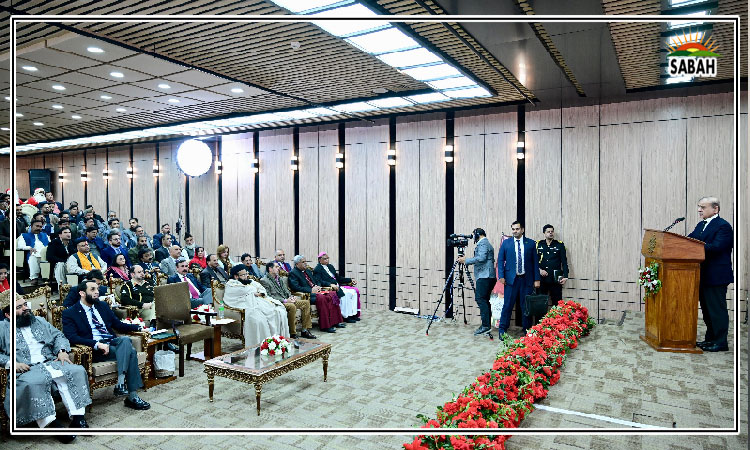Information Commissions — facilitators or roadblocks?…Naeem Sadiq
Article 19A, access to information and empowered citizens are hugely overused and under-implemented expressions in Pakistan. Numerous Information Commissions, set up to facilitate ordinary citizens in gaining access to information, are frequently failing to see the forest for the trees, and remain insistent on running modern data and knowledge-based organisations by the 18th century colonial methods.
The RTI (Right to Information) journey began as a breath of fresh air in Pakistan. Outstanding Information Commissioners gave brilliant judgments to force public bodies to part with information that they insisted on keeping confidential. Many of these decisions had a significant impact on the delinquent practices of the elite on one hand and uplifting the lives of the downtrodden on the other.
But soon this promising journey began facing strong headwinds that could best be described by the modified ancient proverb those whom the gods wish to destroy they first install bureaucrats over them. The RTI in Pakistan has run into numerous roadblocks, created partly by the government and largely by the Information Commissions themselves. Lets examine the reasons for this decline and its possible solutions.
While each Information Commission ought to be composed of three commissioners, the Pakistan Information Commission operates with two Commissioners, the KPK Commission with one, and the Balochistan Commission is yet to be notified. Instead of following the recommended selection process (search committees and public adverts), the government prefers to hand-pick its favourite retired bureaucrats. It is unfair to expect a bureaucrat who spent a lifetime working with files and memos to learn new concepts or adopt modern digital data-based systems.
Many Information Commissions seem to be at a loss at differentiating between information, intention, irrelevance and opinion. Consider an applicant making a request for information on actual salary paid to a security guard in a government department. He may well receive a reply We have subcontracted guards to a 3rd party (irrelevant), or we pay our contractor Rs X every month (never asked), or we always pay correct wages (an opinion), or we are improving our contract for the coming year (an intention). The requested information was never provided to the applicant in any of the above cases. Not understanding the difference between the requested information and the responded smokescreens, the Information Commissions tend to dispose of such cases often without even seeking the applicants views on the adequacy and correctness of the information.
At least in two cases, where a public body had provided false information, the applicant was vaguely (and wrongly) told to seek relief from other forums. The law binds the Information Commissions to take action against a public body if false information has been provided. It appears there is a greater emphasis by the Information Commissions on showing the number of closed cases rather than ensuring that the requested information has indeed been provided. Creating bureaucratic hurdles such as copy of CNIC or certificate of litigation not attached are yet other forms of hurdles frequently used to delay or block the RTI appeals.
Our Information Commissions need radical reforms. Except for KPK and Punjab, it is not possible to track cases on the website of any other Commission. In the case of Sindh, the website has been under construction for several months, and its Gmail address remains non-functional. In the case of Pakistan Information Commission, appeal numbers have been duplicated and emails lost by lack of controls that apparently provide lose, delete or suppress options to the staff. The Commissioners, instead of remaining isolated, could be with it, simply by adding their own official email addresses on the websites.
On being acquired by Microsoft, the Nokia CEO ended his teary speech, saying: We didnt do anything wrong, but somehow, we lost. The Information Commissions in Pakistan are headed in the same direction by their refusal to learn (from each other and from the world), reluctance to adopt technology and preferring trivia over provision of information.
Courtesy The Express Tribune












